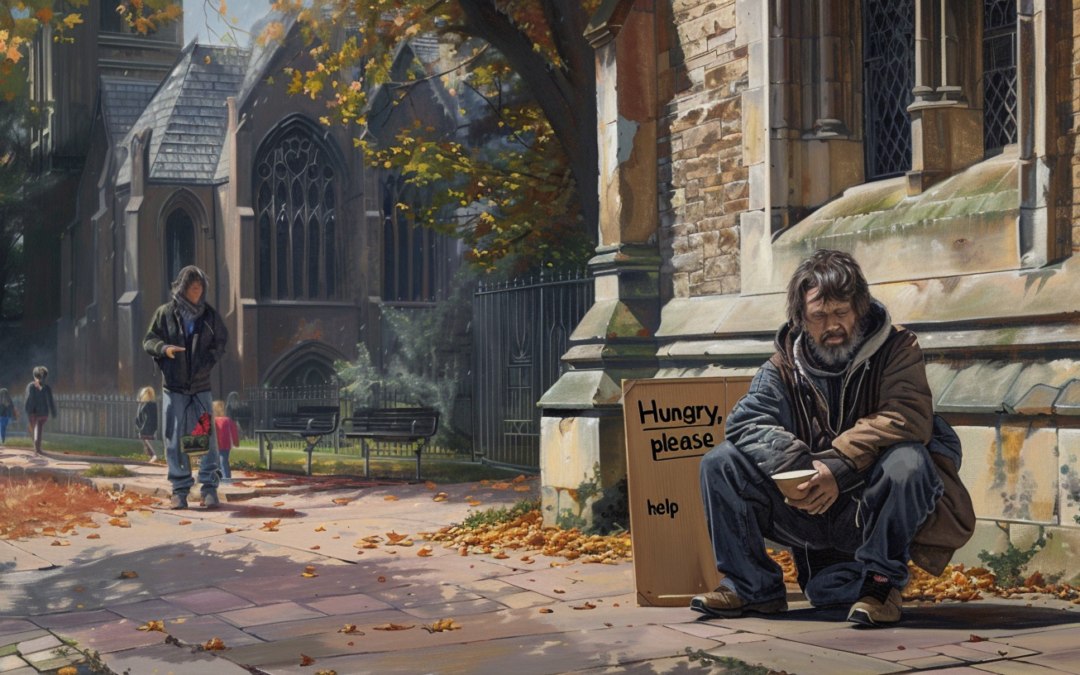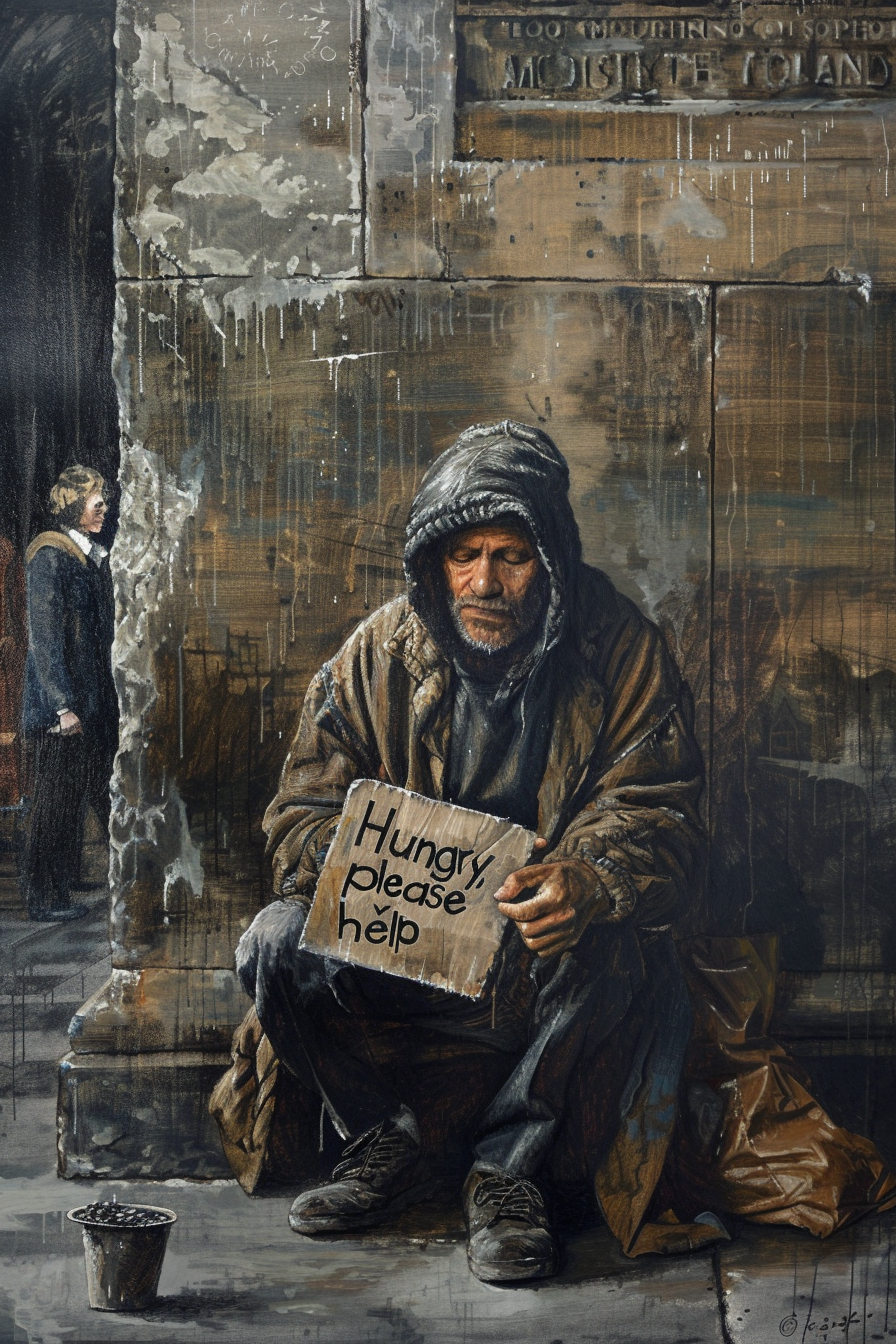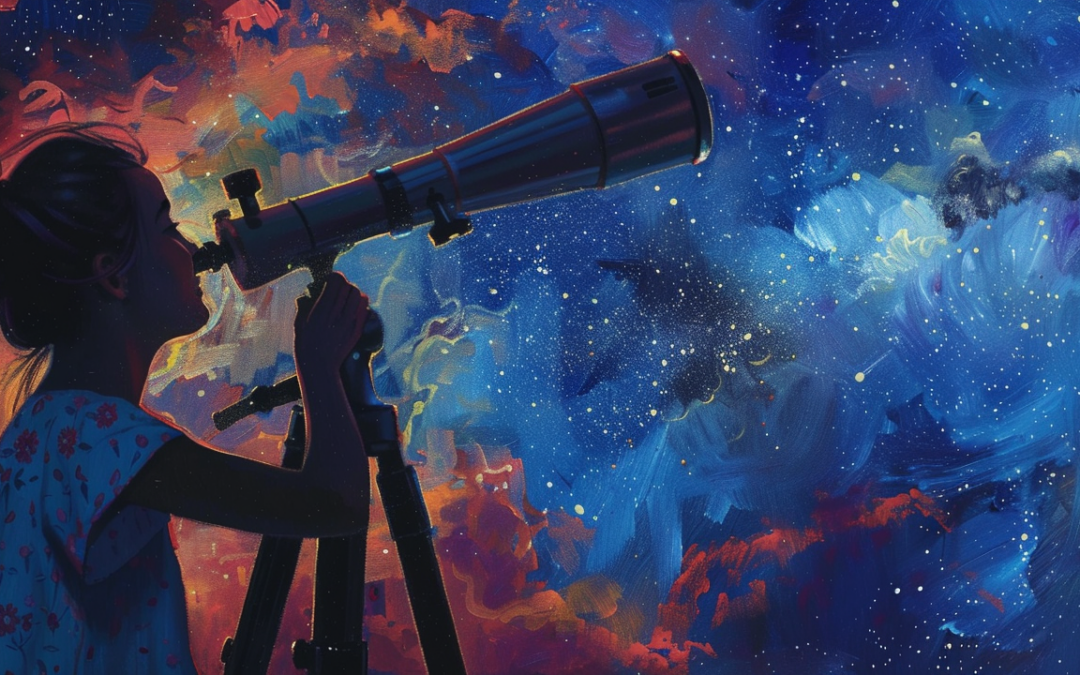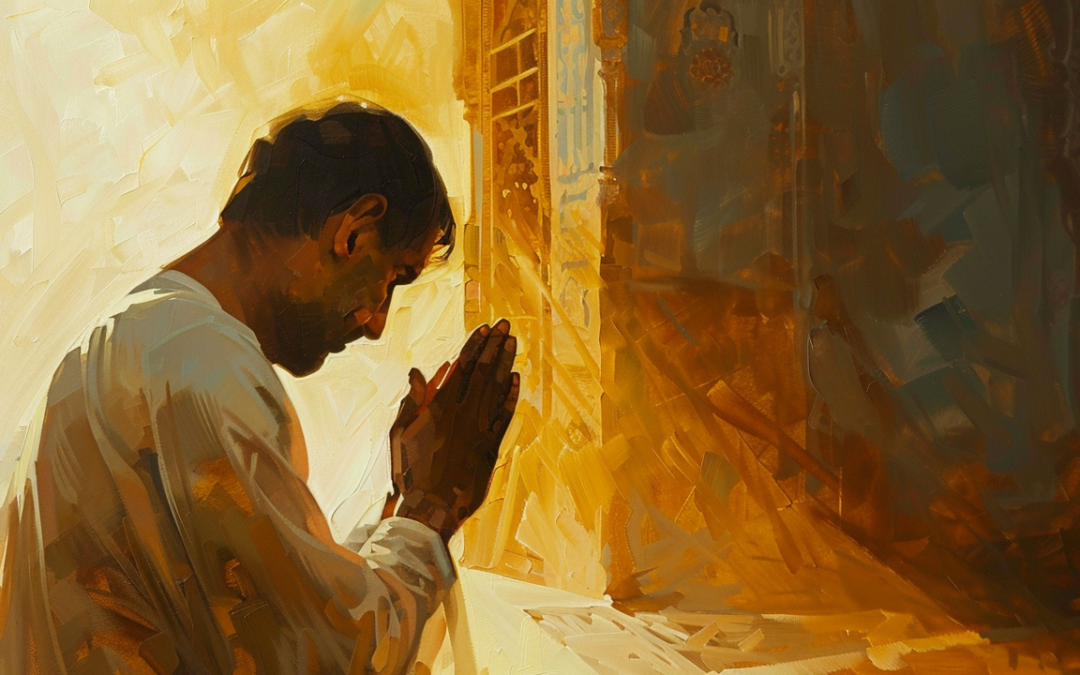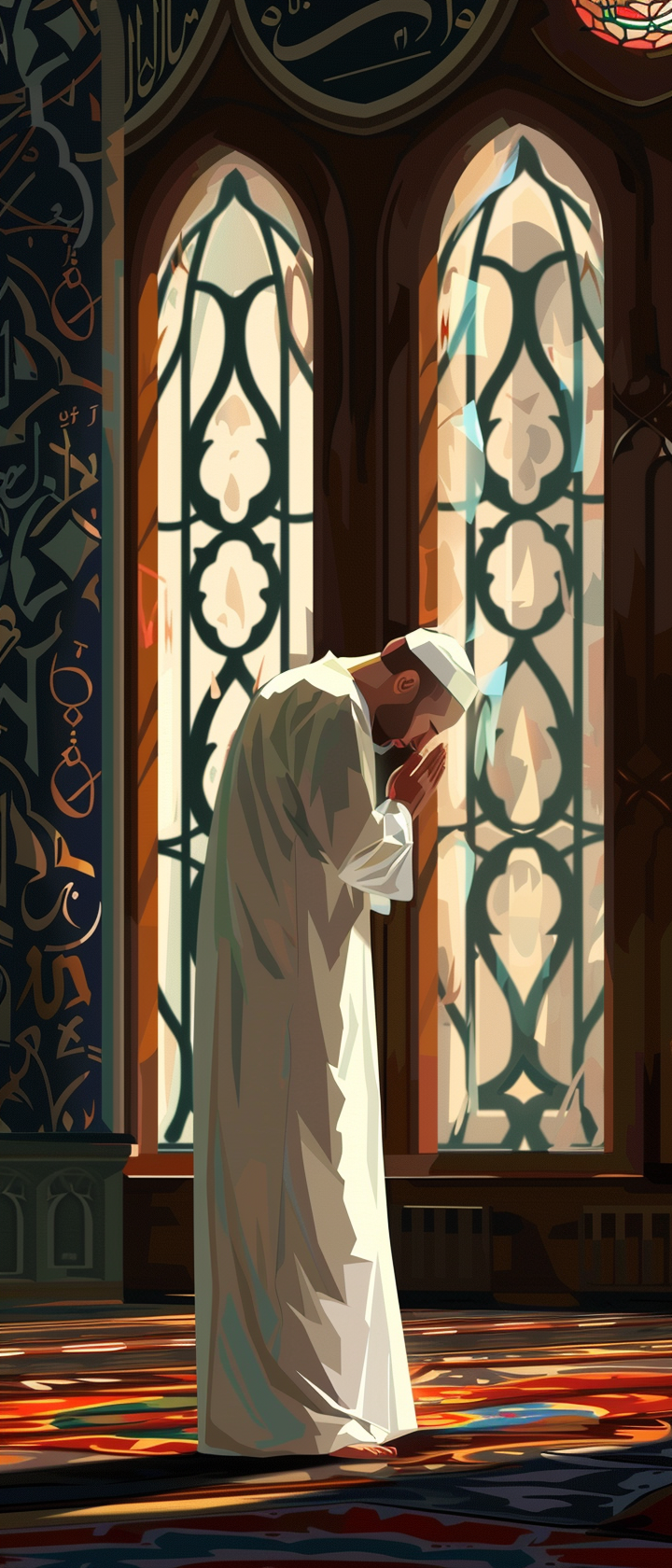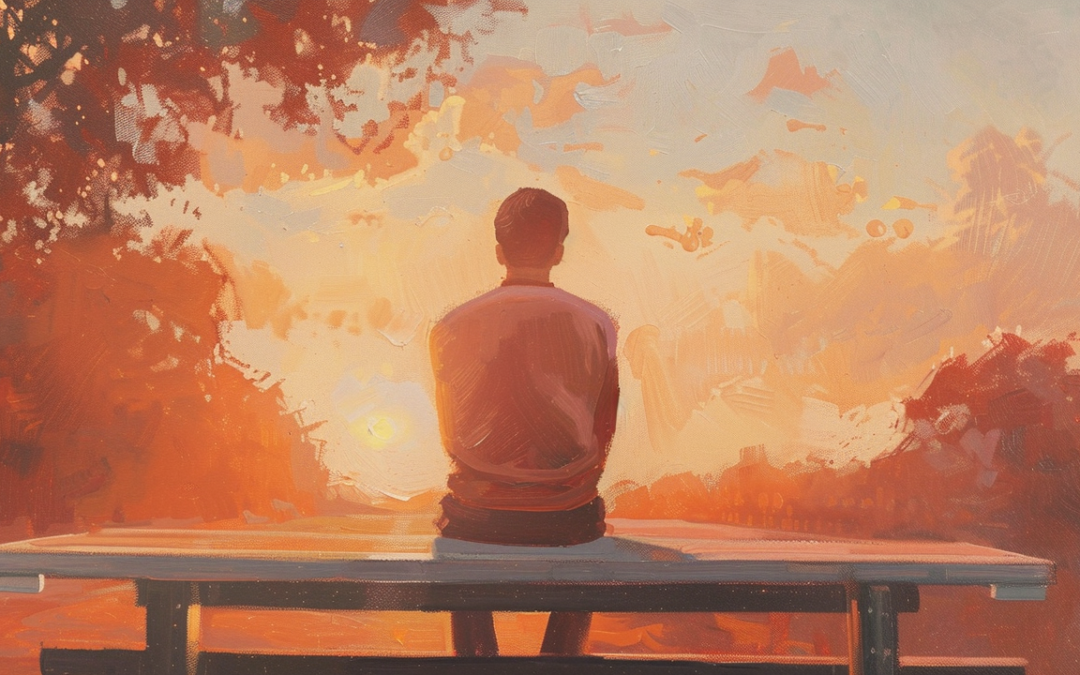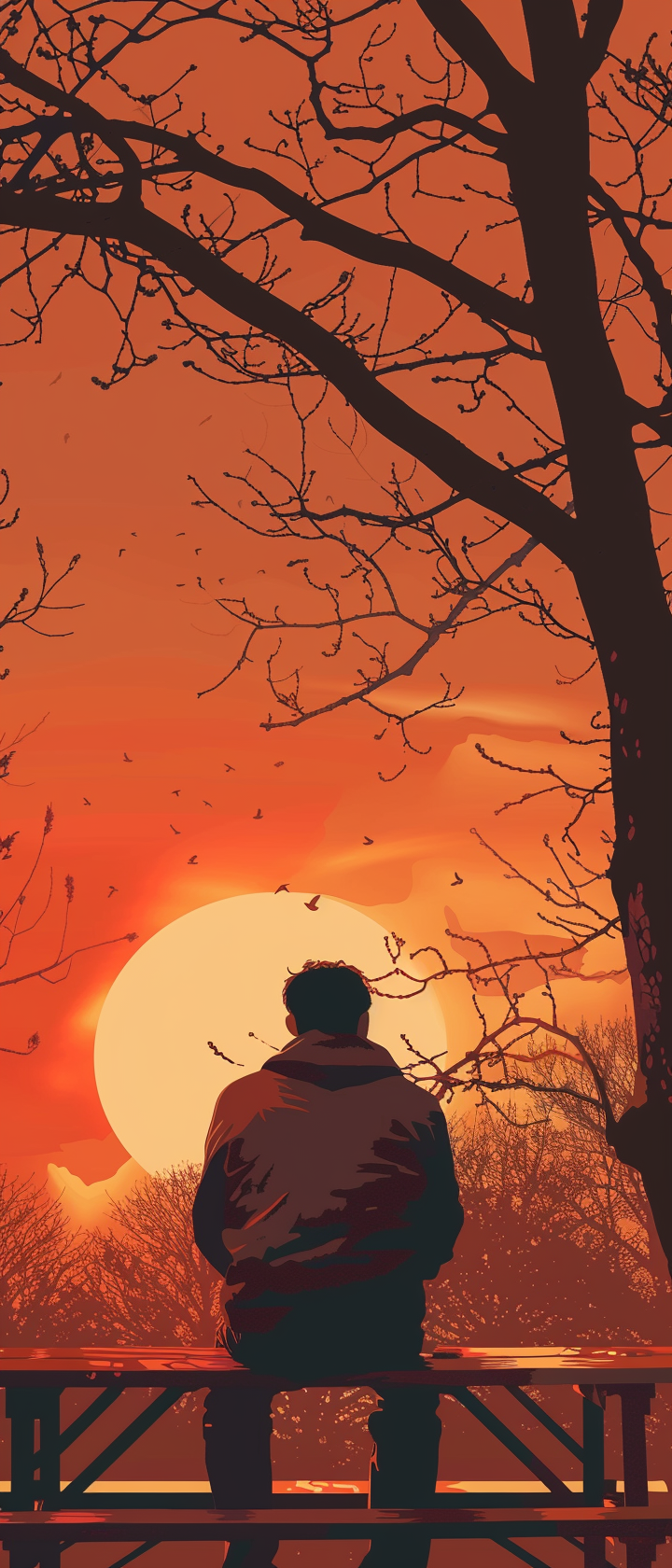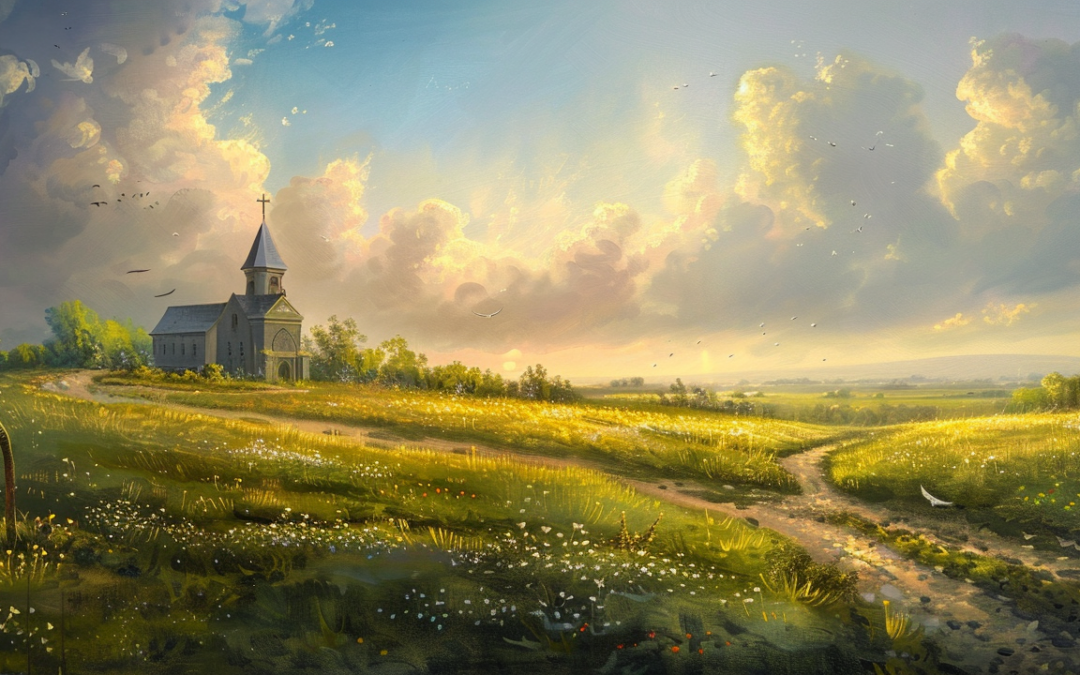
Kayla’s Story
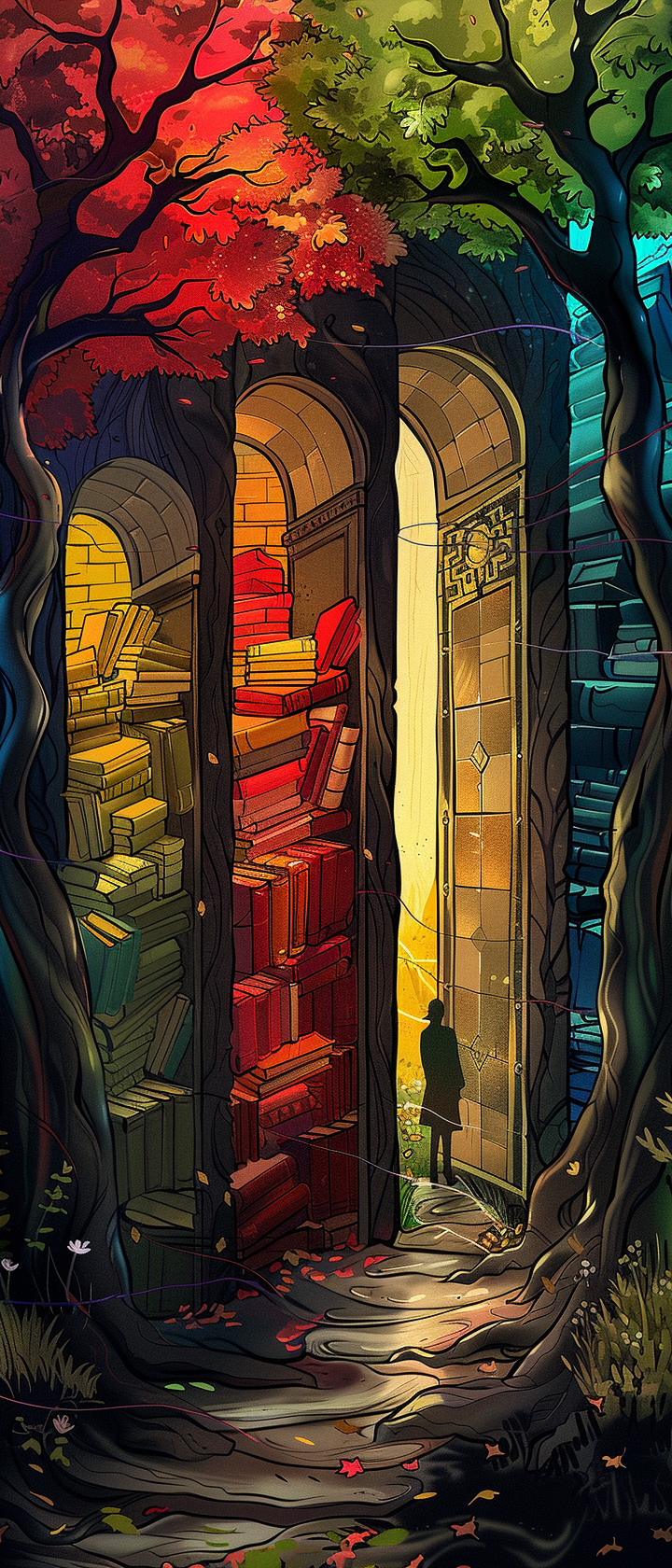
As I think on my childhood, I realize that my commitment to Christianity was more than just a part of my identity; it was the foundation. With unwavering fervor, I accepted my church’s teachings and Biola University’s rigorous academic pursuit of theology. However, beneath this veneer of certainty, a turbulent sea of guilt churned. I was constantly battling the notion that I was never good enough for God’s standards, which was reinforced by every sermon and scripture study. This guilt became a regular companion, casting a shadow over even my most religious moments.
As I progressed through my twenties, a gradual but significant alteration began to occur within me. My once hard and unwavering faith began to shift. I found myself doubting the concepts that had been given as absolutes, and I began to explore a more progressive and liberal Christianity. This transition was not without its problems. It put me on a collision path with the teachings I had grown up with, which suddenly appeared incompatible with the compassion and understanding I desired to see in the world.
Then came the epidemic, which would forever alter the course of my spiritual journey. The forced solitude and reflection caused by COVID-19 served as an unexpected spur for introspection. For the first time in my life, I didn’t miss church. This realization was startling, even unnerving. It inspired me to go deeper into the roots of my faith than I had ever done before. I began to scrutinize the Bible, not to reinforce my convictions, but to really challenge its inerrancy. This period of research and thought was not easy. It was fraught with uncertainty, dread, and the painful dismantling of long-held beliefs.
The decision to embrace atheism did not come easily. It was the result of months of investigation, reflection, and, most importantly, a strong yearning for the truth. Admitting to myself that I no longer believed was both terrible and freeing. It felt as if a veil had been lifted from my eyes, allowing me to see the world and myself in a different light. This change was both intellectual and emotional. It was like discovering my own voice after years of repeating the words of others.
In retrospect, the missions and activities I had once enthusiastically supported began to take on a new tint. The more I thought about these situations, the more I saw a pattern of false humility—a concentration on outward appearances and shallow acts of faith that, in many cases, obscured the deeper concerns inside our society and ourselves. This knowledge strengthened my determination to leave the church.
Accepting my atheism has been a process of self-discovery and liberation. It has enabled me to investigate ideas and philosophies without the restrictions of orthodoxy. More importantly, it has allowed me to think for myself, question and evolve in ways I never imagined possible. The journey to atheism has been difficult, marked by loss, struggle, and profound transformation. However, it has also been extremely beneficial, introducing me to the beauty of inquiry and the courage found in doubt.
Know that you are not alone on your journey of faith, skepticism, or deconstruction. The trip is as unique as the individual, with its own set of struggles and discoveries. But there is beauty in the inquiry, the questioning, and the ability to select our own views. Thank you for letting me share my story with you tonight. It is my goal that by doing so, I can provide some comfort, understanding, and perhaps even a light for those who are treading a similar path.
